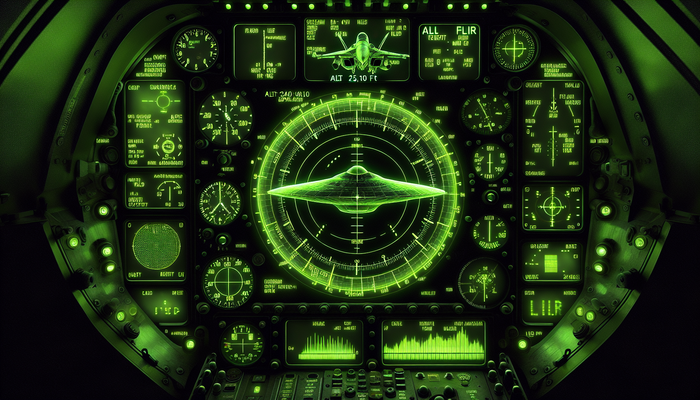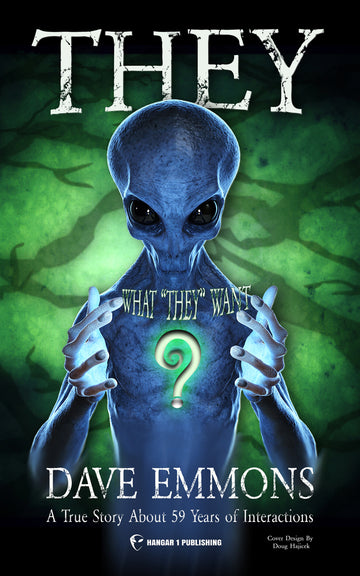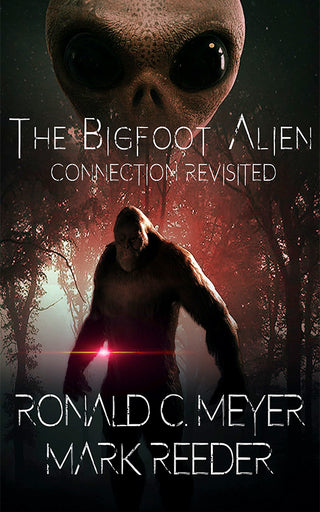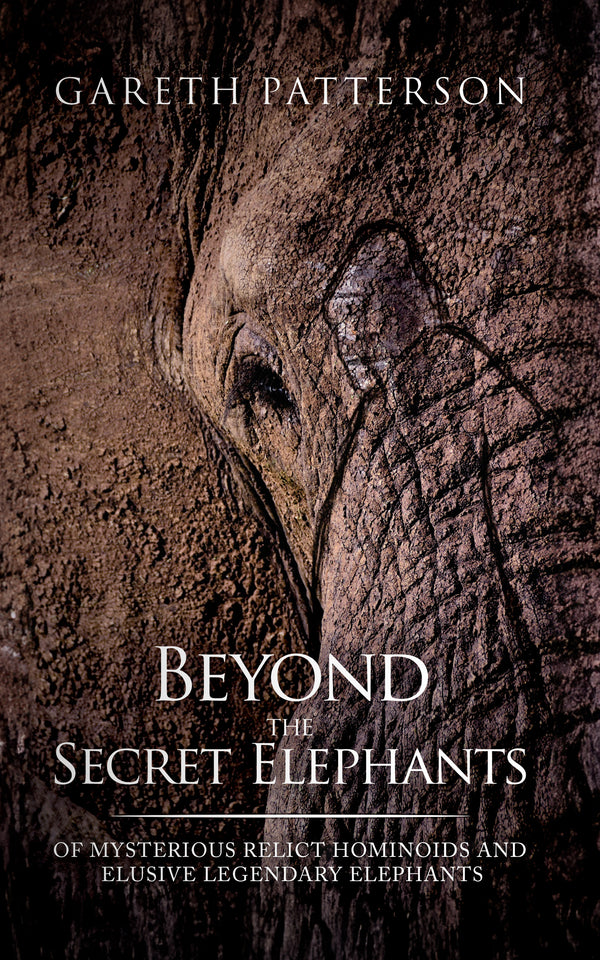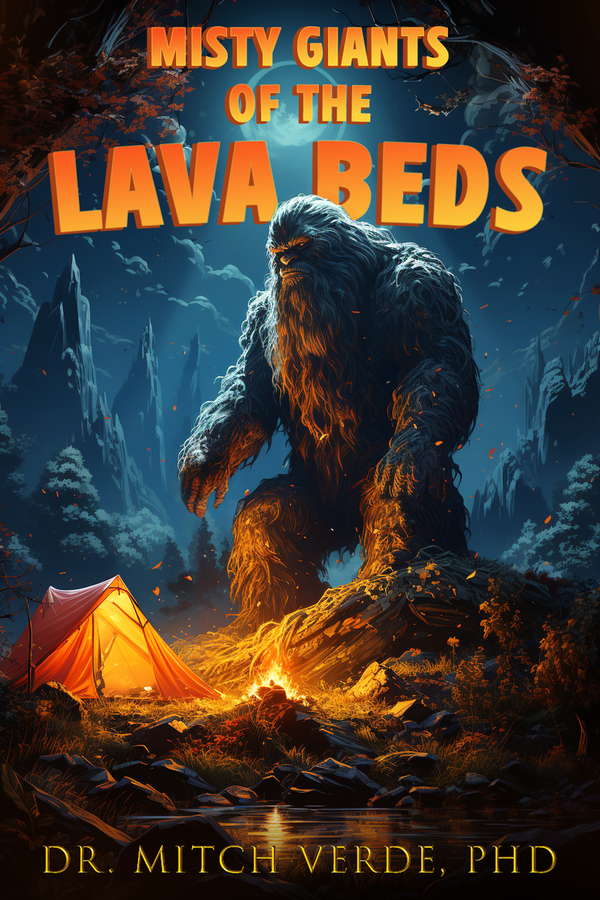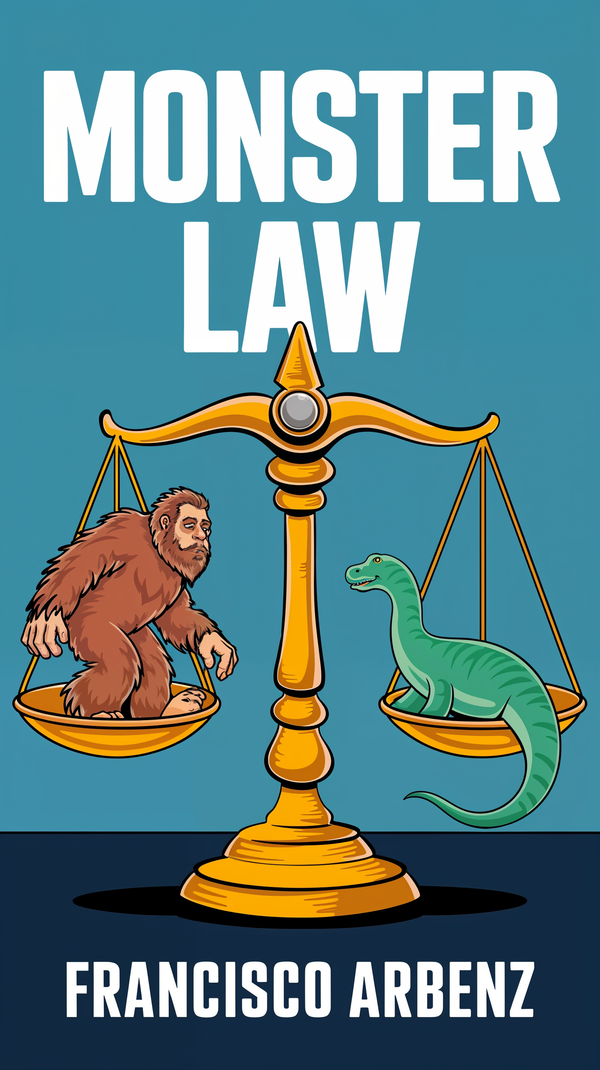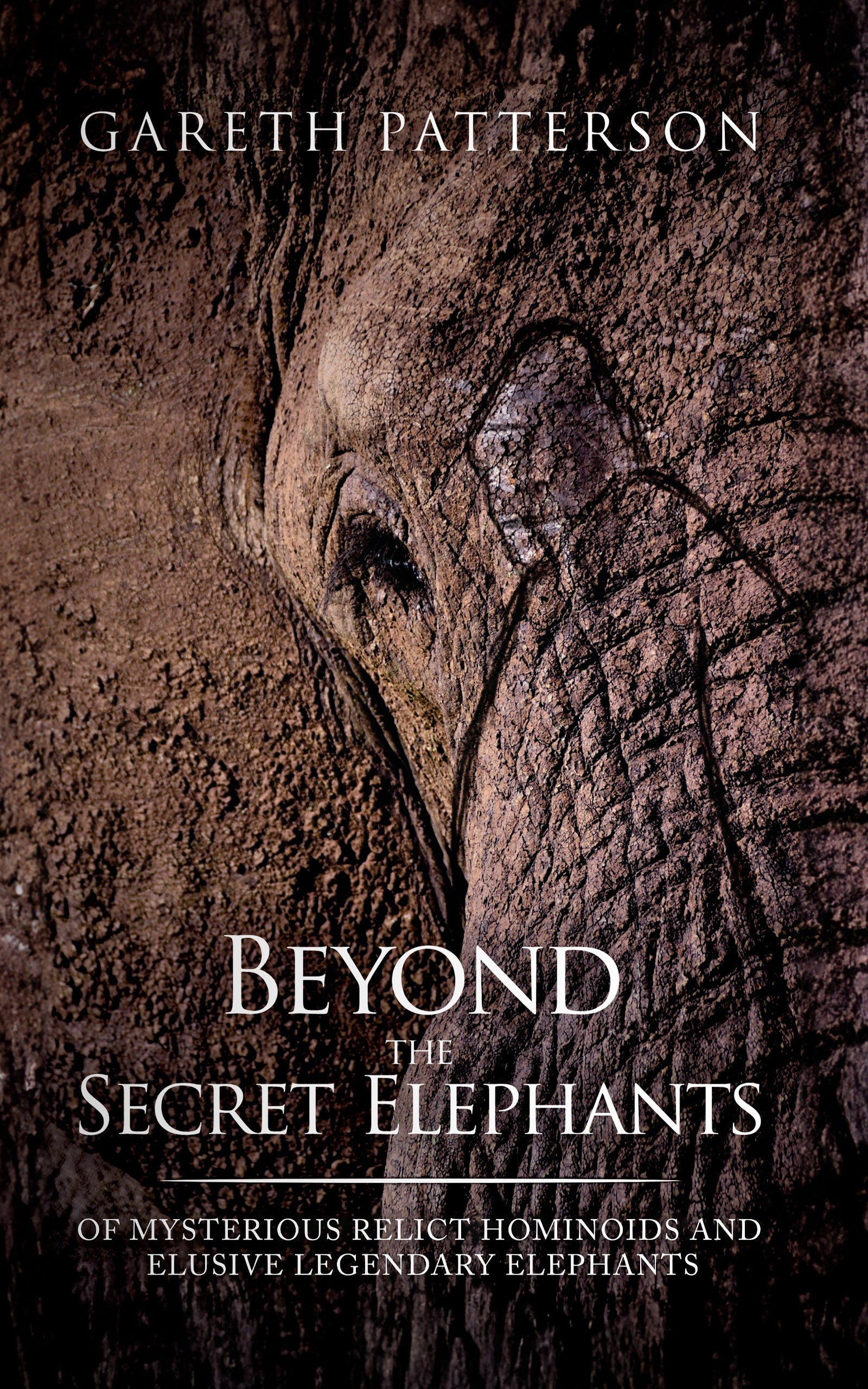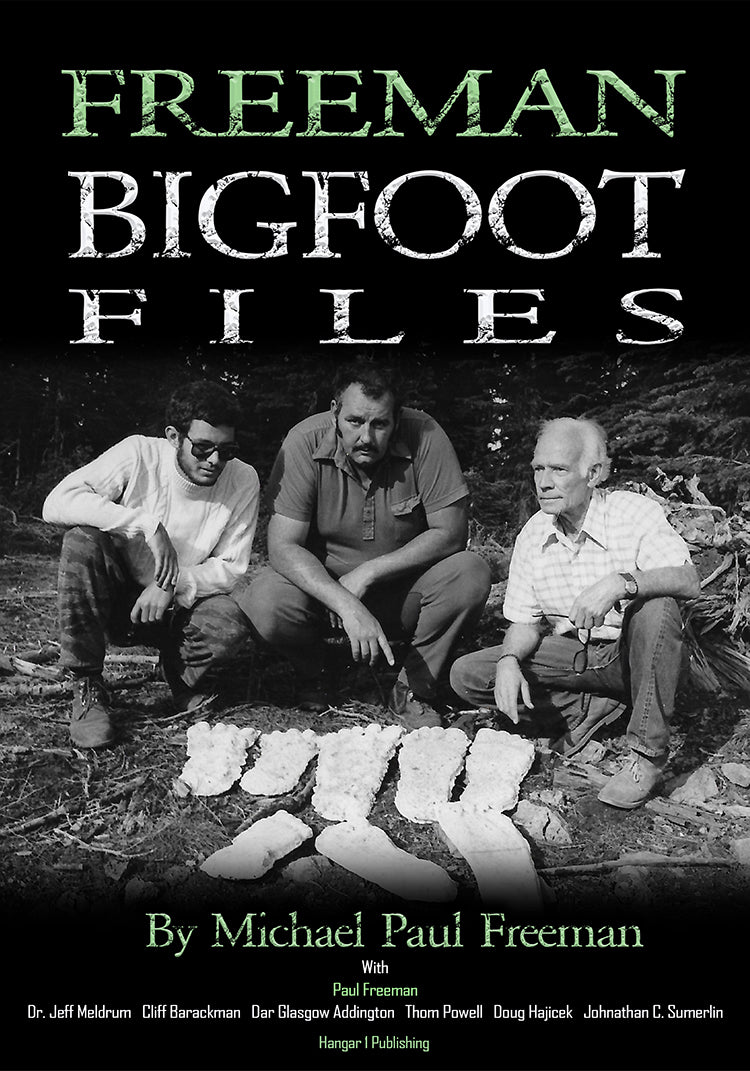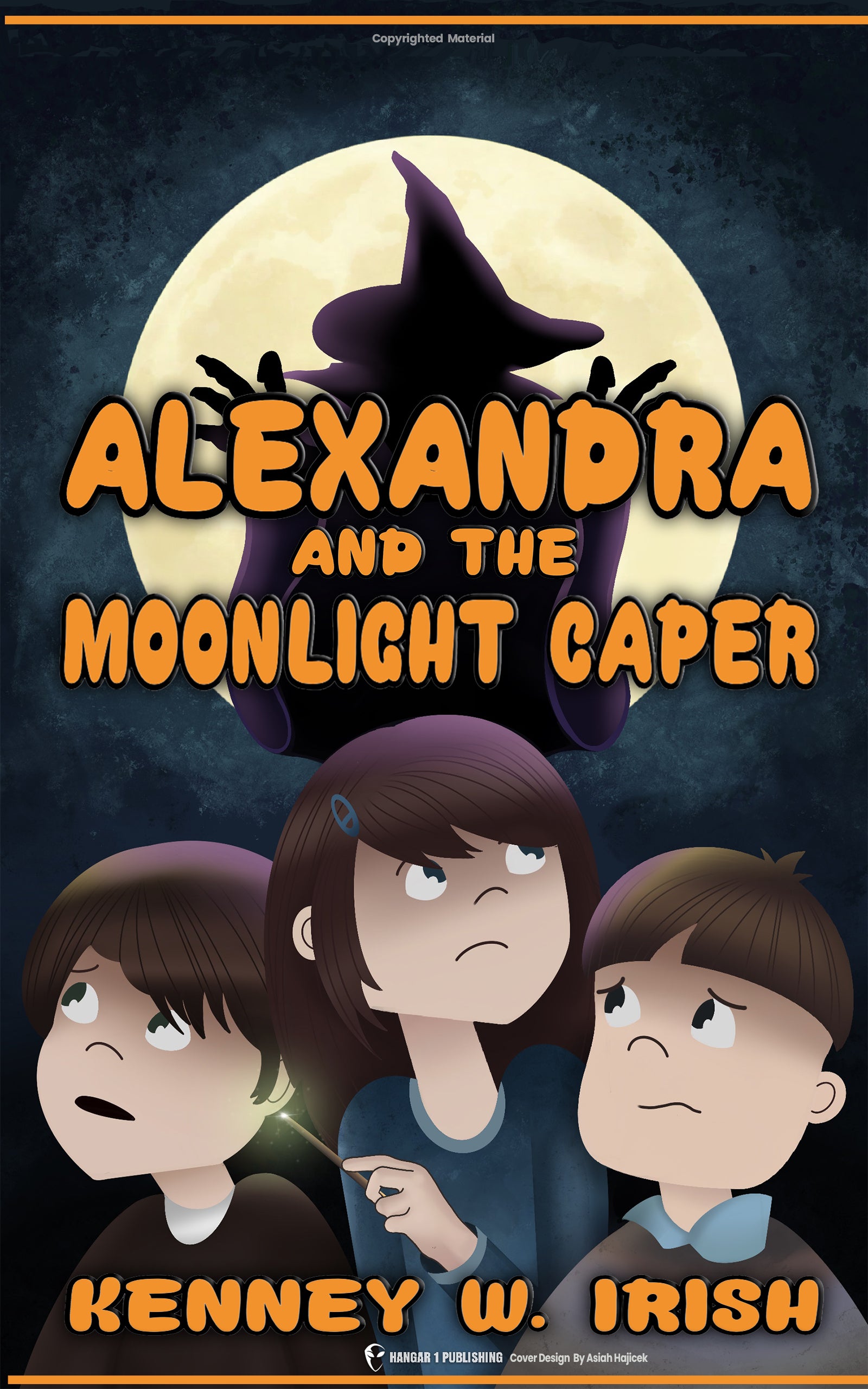AB Negative Blood Mysteries: Where Science Meets Alien Origin Theories

By Elaine Westfield, Ufologist
The Blood Type That Launched a Thousand Theories
I spent fifteen years analyzing flight data and radar anomalies. I've learned to separate signal from noise, fact from speculation. But when I started documenting patterns in UAP encounters, I kept hitting the same curious detail: an unusually high number of experiencers mentioned having Rh-negative blood types.
At first, I filed it under "interesting but probably coincidental." Then the claims got more specific. People weren't just noting their blood type-they were convinced it meant something. That it marked them as different. Special. Maybe even not entirely human.
AB-negative blood sits at a strange crossroads. It's the rarest of the eight major blood types, found in less than 1% of most populations. That rarity alone makes it fascinating. But what really caught my attention was how often it appeared in alien origin theories, ancient astronaut speculation, and abduction research.
I'm not here to tell you what to believe. I'm here to walk through what we actually know, what we don't, and where the real mysteries still hide.
The Numbers Don't Lie-But What Do They Mean?
Let's start with the facts. AB-negative blood is genuinely rare. In the United States, just 0.6% of the population has it. In Canada, it's 0.5%. The UK comes in slightly higher at 1%.
Some research populations show even lower frequencies. One recent study found AB-negative in just 0.4% of participants, while another reported rates as low as 0.1% in certain groups.
This scarcity creates real problems for blood banks. But it also fuels something else: a sense of being fundamentally different. When you're told you have something only one person in 200 possesses, it's natural to wonder if that difference runs deeper than a few molecules on your red blood cells.
The Universal Donor Paradox
Here's where AB-negative gets genuinely interesting from a medical standpoint. If you have this blood type, you're in a peculiar position.
For red blood cell transfusions, you can only receive from other Rh-negative donors-A-, B-, AB-, or O-. That makes you a restricted recipient.
But flip the script to plasma, and suddenly you're the most valuable person in the room. AB plasma lacks both anti-A and anti-B antibodies, making it compatible with all blood types. You're a universal plasma donor. In emergency situations, your donation can literally save anyone.
That duality-needing rare blood yourself but being able to give to everyone-adds to the mystique. You're simultaneously vulnerable and powerful. Dependent and essential.
The Alien DNA Theory: Where Did This Come From?
The speculation about Rh-negative blood having extraterrestrial origins isn't new. It's been circulating in fringe communities for decades. But it hit mainstream awareness hard when Ancient Aliens devoted an entire episode to "Alien Blood Types" in 2016.
The core argument goes like this: Most humans (around 85%) have the Rh D antigen on their red blood cells. The remaining 15% don't. That absence is called Rh-negative. Proponents claim this "missing" antigen proves Rh-negative people lack a protein found in all primates-the so-called "monkey gene."
If we all evolved from the same ancestors, they argue, why would some people be missing this fundamental marker? The conclusion, for believers: Rh-negative blood must have come from somewhere else. Somewhere not of this world.
The Basque Connection
The theory gains traction when you look at the Basque people of Spain and France. They have one of the highest concentrations of Rh-negative blood in the world.
Some sources claim rates as high as 47%. More conservative scientific studies place it between 29% and 36%. Either way, it's a striking anomaly.
The Basques speak a language unrelated to any other European tongue. Their culture is ancient and distinct. For alien theorists, this all fits together too neatly: an isolated population with unusual blood, mysterious origins, and no clear linguistic relatives. Some claim they're descendants of Atlanteans or survivors of an ancient advanced civilization-possibly one not from Earth.
What Genetics Actually Tells Us
I wanted to believe there was something to this. I really did. The pattern was compelling. But when you dig into the genetic research, the alien hypothesis falls apart fast.
The Rh-negative phenotype didn't arise from a single event. It emerged independently, multiple times, across different populations. Scientists have identified three primary genetic mechanisms that create Rh-negativity:
- Complete gene deletion: The entire RHD gene is simply absent. This is the most common cause in people of European descent, accounting for about 99% of Rh-negative Europeans.
- RHD pseudogene: The gene exists but doesn't work, thanks to a 37-base pair insertion that creates a premature stop codon. This version is found in roughly 43% of Rh-negative individuals of African descent.
- Hybrid genes: Parts of the RHD gene get swapped with segments from the neighboring RHCE gene, creating a non-functional hybrid. This happens more frequently in African and East Asian populations.
Different mechanisms. Different populations. Different genetic signatures. If Rh-negativity came from a single source-alien or otherwise-we'd expect to see the same genetic pattern everywhere. We don't.
The Basque "Anomaly" Isn't That Anomalous
Population geneticists don't need to invoke lost civilizations or extraterrestrial visitors to explain the Basques. Their high Rh-negative frequency makes perfect sense when you understand genetic drift and founder effects.
The Basques are an ancient population that remained genetically isolated for thousands of years. When a small group splits off and stays isolated, rare traits can become common just by chance. That's not mysterious-it's basic evolutionary biology. Studies of the Rh blood group system confirm this: the Basque genetic signature reflects prolonged isolation, not alien intervention.
The Pregnancy "Incompatibility" Argument
One of the more persistent claims is that Rh-negative blood proves hybrid incompatibility. The reasoning goes: when an Rh-negative mother carries an Rh-positive baby, her immune system can attack the fetus. This is called hemolytic disease of the fetus and newborn.
Alien theorists point to this and ask: why would a mother's body reject her own child unless they're from different species?
It sounds compelling until you realize this isn't evidence of alien DNA. It's just immunology. The mother's immune system recognizes the D antigen as foreign because she doesn't have it. Her body makes antibodies to protect itself from what it perceives as an invader. It's the same basic process that makes organ transplants difficult and causes reactions to certain vaccines.
The real story here isn't about alien incompatibility-it's about a medical triumph. Before the 1970s, Rh disease happened in 13-16% of at-risk pregnancies. Babies died or suffered severe brain damage.
Then scientists developed Rho(D) immune globulin, better known as RhoGAM. Given during pregnancy and after delivery, it prevents the mother from forming those dangerous antibodies. Today, with routine treatment, alloimmunization rates have dropped below 0.2%.
We solved the "mystery" with medicine, not mythology.
The Abduction Connection: Does the Data Hold Up?
This is where things get personal for a lot of people in the UFO community. I've heard the claim dozens of times: a disproportionate number of alien abductees have Rh-negative blood.
The most cited source is a survey that found 35% of experiencers were Rh-negative, compared to about 15% in the general population. That's more than double. If true, it would be significant.
But here's the problem: these surveys suffer from serious methodological flaws. Small sample sizes. Self-selection bias. No verification of blood types. People in online communities who believe blood type matters are more likely to participate in surveys about blood type.
We need better research. A large-scale, pre-registered case-control study with verified blood types and matched control groups. Compare experiencers to non-experiencers from the same demographic backgrounds. Control for confounding variables. Make the data public and the methods transparent.
Until someone does that work, the "higher prevalence among abductees" claim remains exactly that: a claim. Intriguing, yes. Proven, no.
The "Special Traits" Checklist
If you spend any time in Rh-negative online communities, you'll encounter lists of traits supposedly common to people with this blood type. Higher IQs. Lower body temperature. Extra vertebrae. Psychic abilities. Heightened intuition. Red or reddish hair. Sensitivity to heat and light.
I'll be blunt: there's no peer-reviewed scientific evidence supporting any of this.
What we do have are a handful of studies suggesting minor differences in things like reaction time or disease susceptibility. But these findings are tentative, often fail to replicate, and don't support claims of psychic powers or alien heritage.
The problem with self-reported trait lists is confirmation bias. Once you believe your blood type makes you special, you start noticing things that confirm that belief. You remember the times your intuition was right and forget the times it was wrong. You attribute normal variations in body temperature or personality to your blood type instead of, you know, being human.
If researchers wanted to test these claims properly, they'd need double-blind studies with large sample sizes and validated measurement tools. Compare Rh-negative and Rh-positive individuals on objective metrics: IQ tests, temperature readings, personality assessments, physiological measures. Until someone does that, the "special traits" remain firmly in the realm of anecdote and belief.
What Science Still Doesn't Know
Here's the thing that frustrates me about the alien blood theories: they're so focused on proving extraterrestrial intervention that they ignore the genuine mysteries still sitting right in front of us.
We don't fully understand what the Rh proteins do. The leading hypothesis is that they transport ammonia and carbon dioxide across cell membranes, helping maintain pH balance. But that's still being investigated.
More interesting: why did Rh-negativity persist? From an evolutionary standpoint, it should have been selected against. Before modern medicine, babies with Rh disease died. Mothers who lost multiple pregnancies had fewer surviving children. That's strong negative selection pressure.
Yet the Rh-negative allele didn't disappear. In some populations, it thrived. Scientists debate whether this happened purely by chance (genetic drift) or whether Rh-negativity confers some hidden advantage. One theory suggests it might provide increased resistance to certain parasites, like Toxoplasma gondii.
That's a real mystery. One that deserves serious scientific attention without needing to invoke ancient aliens.
Where Do We Go From Here?
I'm not going to tell experiencers their blood type doesn't matter. If you've had encounters, if you feel a connection between your biology and your experiences, I'm not dismissing that. What I am saying is this: we need better data.
The UFO community and the scientific community don't have to be adversaries. We can design research that satisfies both. Large-scale genomic studies of experiencers with verified blood types. Comparison with matched control groups. Blinded psychological and physiological testing. Qualitative interviews to understand the lived experiences behind the statistics.
Do it transparently. Pre-register the studies. Use established protocols for data collection and genetic analysis. Make the results public whether they support or contradict existing beliefs.
That's how we turn speculation into knowledge. Not by defending our preferred theories, but by testing them rigorously enough that the truth has a chance to emerge.
The Real Question Isn't "Where Did It Come From?"
After years of investigating anomalous phenomena, I've learned something: the most interesting questions aren't usually the ones we start with.
Is AB-negative blood evidence of alien DNA? Based on current genetic research, no. The evidence points to natural human variation arising independently in different populations through well-understood mechanisms.
But does that mean there's nothing unusual about the Rh system? Not at all. We still have genuine mysteries about its function, its evolutionary persistence, and potentially its relationship to health outcomes and even cognitive function.
And does the lack of evidence for alien origins mean we should dismiss the experiences of people who see patterns between their blood type and their encounters? Absolutely not. Those correlations, real or perceived, tell us something about how people make meaning from anomalous experiences. That's worth understanding.
The truth is rarely as simple as "aliens did it" or "it's all coincidence." The real world is messier, more complex, and often more fascinating than either extreme allows.
AB-negative blood isn't proof of extraterrestrial heritage. But it remains a window into human biological diversity, evolutionary history, and the very human need to understand where we came from and what makes us different.
That's the mystery worth pursuing. With rigor. With open minds. And with respect for both the data and the people behind it.
From Bigfoot to UFOs: Hangar 1 Publishing Has You Covered!
Explore Untold Stories: Venture into the world of UFOs, cryptids, Bigfoot, and beyond. Every story is a journey into the extraordinary.
Immersive Book Technology: Experience real videos, sights, and sounds within our books. Its not just reading; its an adventure.



